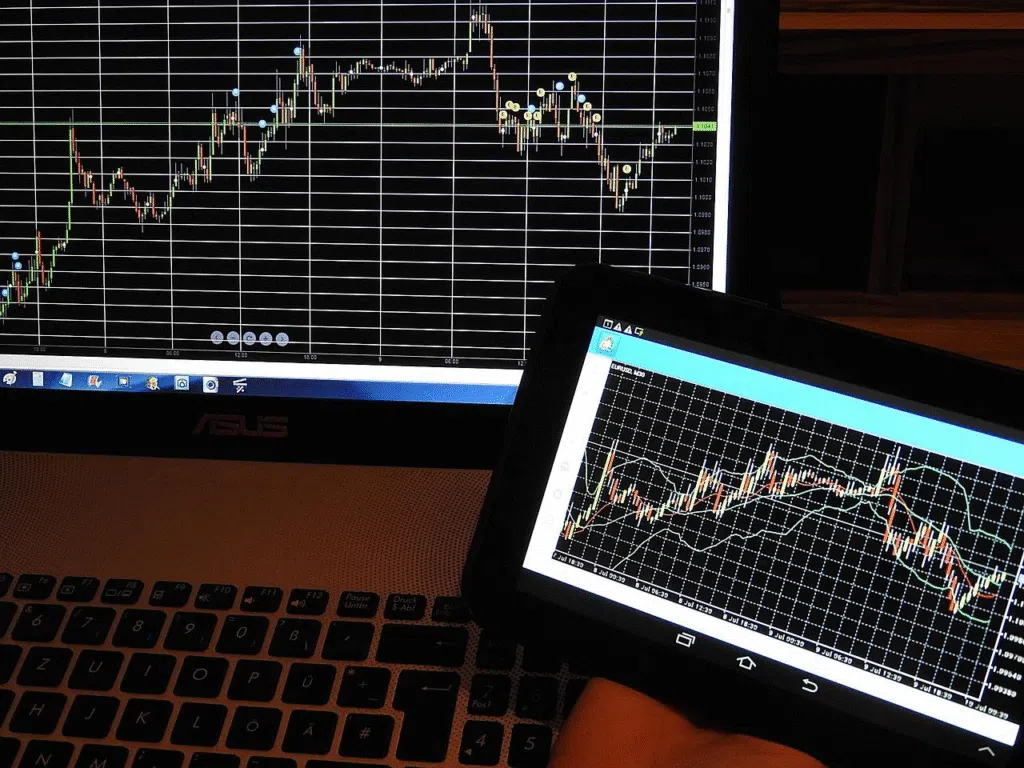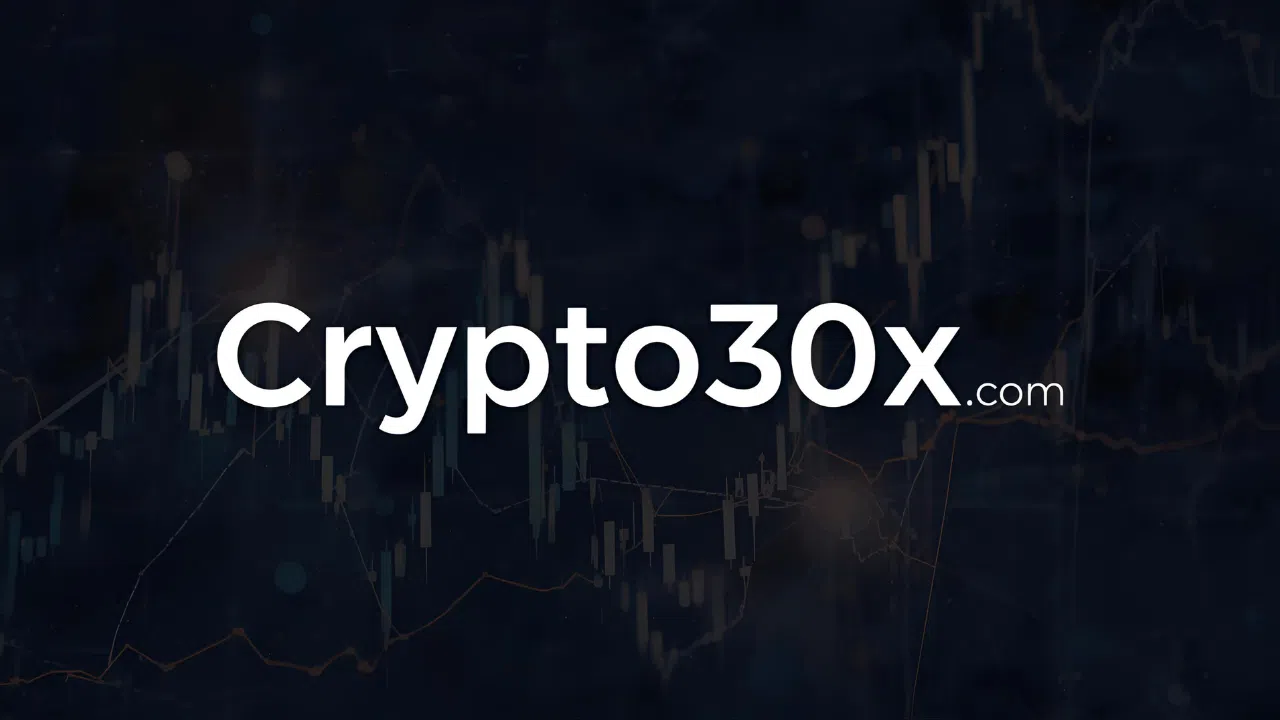In professional productivity, accurately monitoring work time is becoming increasingly critical. An incredible 87% of top-performing teams use time-tracking software, highlighting its crucial influence on productivity and operational efficiency.
With the increasing demand for these tools, pinpointing the appropriate features becomes critical in improving business performance.
Effective time tracking allows companies to optimize resource management, enhance employee responsibility, and minimize project delays, all of which positively impact profitability.
Let’s explore the key features that distinguish the top time trackers, helping you select a solution that fits perfectly with your operational requirements.
Real-Time Tracking
The best time tracker logs hours as they are recorded during tasks. This capability ensures accurate time records and allows managers to oversee project advancement as it happens.
By providing immediate insights, it also supports proactive management by highlighting real-time productivity and time expenditure, which helps in making quick adjustments to work schedules or task allocations.
This preemptive approach prevents delays and keeps teams on track, proving invaluable for projects with strict deadlines or variable needs.
For instance, systems such as Insightful excel in offering real-time tracking, enabling managers and teams to monitor and manage their productivity effectively. This tool helps identify areas where efficiency can be improved on the fly, enhancing overall project management and team coordination.
Ease of Use
The best time-tracking tools should offer an intuitive interface that users can navigate effortlessly. This simplicity enables both managers and team members to adopt the system quickly without extensive training. An effective time tracker minimizes setup complexity, allowing users to start monitoring their hours with just a few clicks.
Additionally, ease of use fosters consistent engagement, ensuring that employees regularly update their work hours and managers receive accurate insights.
Time wasted on learning complicated systems can also lead to frustration, reducing overall productivity. Moreover, customizable dashboards that allow users to tailor their views can significantly enhance user experience, making it easier to access the most relevant information quickly.
Integration Capabilities
To enhance productivity, a time tracker should seamlessly connect with essential business tools like project management applications, communication platforms, and CRM systems. This integration eliminates the requirement for manual data input, minimizing errors and conserving time.
It also promotes a more comprehensive perspective on project statuses and team interactions, optimizing workflows and improving decision-making. It enables a time tracker to compile information, boosting teamwork among departments and enhancing insight into project progress.
Detailed Reporting
In-depth reporting functions are vital for assessing productivity and guiding business choices. Enhanced reporting features can include heat maps of activity periods and integration with financial systems for cost analysis, providing a deeper dive into efficiency and budgeting.
A powerful time tracking system provides customizable reports that shed light on time allocation across various projects, client invoicing, and team performance.
These reports enable managers to spot and act on patterns, such as consistent slowdowns, and enhancing operational processes. They are particularly useful for businesses dealing with clients, as they help validate costs and reinforce client trust, allowing for strategic adjustments that boost efficiency and profit margins.
Mobile Compatibility
Given the rise of remote work, having a mobile-friendly time tracker is essential. This flexibility is crucial for teams that operate in a hybrid work environment, ensuring a seamless transition between in-office and remote work scenarios.
The mobile app should match the desktop version in functionality, supporting time logging, project updates, and access to reports. This feature is critical for sectors where employees often travel or visit sites, enabling them to remain productive regardless of location. The ability to track time offline and synchronize once online ensures consistent operation across various settings.
Data Security
In today’s digital age, securing time-tracking data against breaches is crucial. Strong access controls and user authentication guarantee that confidential information is accessible solely by authorized individuals, thereby improving security protocols.
Choose time-tracking tools that offer robust security features, including end-to-end encryption and compliance with major regulations like GDPR. Secure systems not only safeguard sensitive data but also build employee confidence in how their information is handled. Continual updates and audits are essential to maintain security integrity and defend against new threats.
Cost-Effectiveness
The affordability of a time-tracking system is also key. Look for solutions that offer flexibility in subscription plans or features that can scale with your business needs, ensuring that you pay only for what you use.
It should offer clear, scalable pricing that suits your company’s size and budget. Evaluating the tool through free trials or demos before purchasing ensures you select a system that meets your needs without excess cost. Effective time trackers reduce waste and cut operational costs.

Conclusion
Selecting the optimal work time tracker can greatly improve your team’s productivity and responsibility. By emphasizing these critical features, you can choose a system that supports your immediate requirements and grows with your company.
Whether you aim to better manage time, streamline operations, or strengthen client relations, a robust time-tracking tool lays the groundwork for these objectives. With the right system, your team can boost their efficiency and focus more on their primary tasks, driving your business towards greater success.




